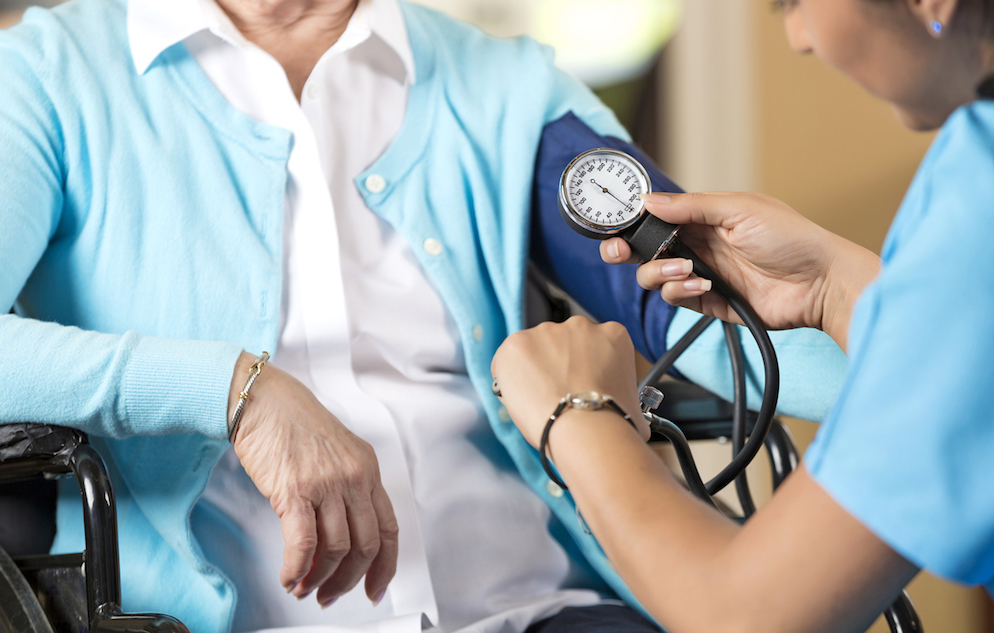Acupuncture, as an ancient and effective treatment method, is widely used in health maintenance and disease treatment. By stimulating specific acupoints, it regulates the body’s meridian system, achieving multiple effects such as dredging meridians, harmonizing yin and yang, and reinforcing the body’s resistance to pathogens.
Dredging meridians is the most direct effect of acupuncture, which can eliminate meridian blockages, restore the flow of qi and blood, and alleviate symptoms such as pain and numbness. Harmonizing yin and yang involves adjusting the internal balance of yin and yang in the body to promote the restoration of health. Additionally, acupuncture can enhance the body’s immune function, combat pathogenic factors, and promote recovery.
The advantages of acupuncture therapy are reflected in its wide range of indications, covering almost all areas including internal medicine, surgery, gynecology, pediatrics, etc. It can not only treat diseases but also be used for prevention. Its therapeutic effects are rapid and significant, stimulating the body’s functions, reducing pain, and being simple to operate, cost-effective, with minimal side effects, high safety, making it suitable as part of comprehensive treatment.
Despite the numerous benefits of acupuncture, there are several precautions that cannot be ignored before undergoing treatment. People who are extremely fatigued, mentally tense, or in fasting state are not suitable for needling; elderly and weak individuals should adopt a supine position, use fewer acupoints, and gentle techniques. Pregnant women should avoid intense needling, especially in the abdominal region and certain specific acupoints. Children are generally not recommended for long needle retention, and fontanelles and specific head acupoints should not be needled. Patients with bleeding disorders, skin infections, or in areas with severe diseases should also avoid needling. Correct selection of acupoints and depth is crucial to avoid harming vital organs.
Acupuncture is notably effective in treating gynecological diseases such as irregular menstruation and breast hyperplasia, and has good efficacy in oral diseases, including oral ulcers. However, it is worth noting that acupuncture is not a panacea, and for certain acute or severe conditions, comprehensive treatment combining other methods is necessary.
Regarding the side effects of acupuncture, the main risks include infection, fainting leading to unconsciousness due to needle stimulation, and internal organ damage due to improper operation. Therefore, it is crucial to choose a medical institution and acupuncturist with professional qualifications to ensure the safety and effectiveness of treatment.
In conclusion, acupuncture is a reliable health maintenance and treatment method, but while enjoying its benefits, it is important to understand its potential risks and take appropriate preventive measures.


